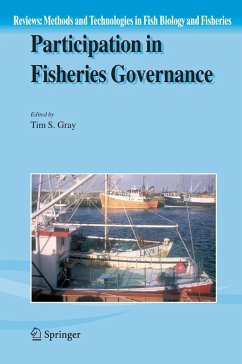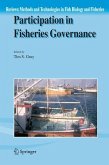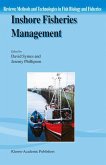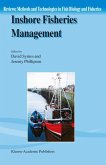The chapters focus on three main themes: first, what value does stakeholder participation bring to fisheries governance? Its advocates claim that participation improves the quality of decision-making; resolves conflicts; and increases compliance with regulations. On the other hand, critics argue that participation is often unnecessary, ineffective, costly, time-consuming, and cosmetic. The second theme is the relationship between the participatory mode and the current switch from single species-based fisheries management to the ecosystem-based approach (EBA). In what way does widening the extent of public participation contribute to the EBA? Third is the vexed question of the relationship between fishers' experiential knowledge and fisheries science: how far does fishers' knowledge improve our understanding of the marine environment?
The central message of the book is that while stakeholder participation is beneficial, it carries with it responsibilities as well as rights: all stakeholders have a public duty to act as stewards for the marine environment.
Hinweis: Dieser Artikel kann nur an eine deutsche Lieferadresse ausgeliefert werden.
The central message of the book is that while stakeholder participation is beneficial, it carries with it responsibilities as well as rights: all stakeholders have a public duty to act as stewards for the marine environment.
Hinweis: Dieser Artikel kann nur an eine deutsche Lieferadresse ausgeliefert werden.








